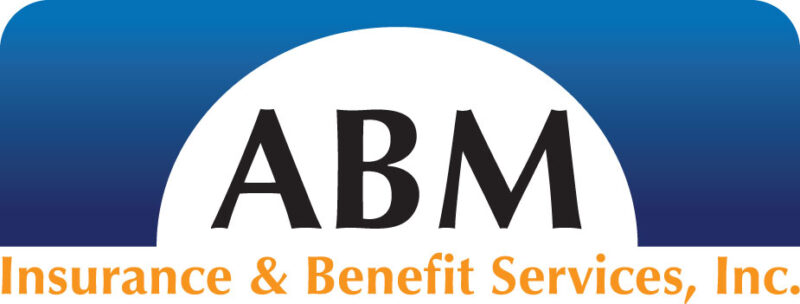With Open Enrollment around the corner Nov 1st…. it is time to start the discussion about Health Insurance and Medicare Supplements. With so many options available it can become confusing. Blue Cross has a HMO, United Healthcare has an EPO but all you want is a PPO? Wait…… Do you know what a PPO is? We hope this helps. As always, if you have questions, call us at 281-448-3040 or visit our website at www.getagreatquote.com
What is a PPO plan?
PPO plans, or “Preferred Provider Organization” plans, are one of the most popular types of plans in the Individual and Family market. PPO plans allow you to visit whatever in-network physician or healthcare provider you wish without first requiring a referral from a primary care physician.
How does a PPO plan work?
As a member of a PPO plan, you’ll be encouraged to use the insurance company’s network of preferred doctors and you usually won’t need to choose a primary care physician. No matter which healthcare provider you choose, in-network healthcare services will be covered at a higher benefit level than out-of-network services. It’s important to check if you provider accepts your health plan so you receive the highest level of benefit coverage.
You will probably have an annual deductible to pay before the insurance company starts covering your medical bills. You may also have a co-payment of about $10 – $30 for certain services or be required to cover a certain percentage of the total charges for your medical bills.
What is an HMO plan?
HMO means “Health Maintenance Organization.” HMO plans offer a wide range of healthcare services through a network of providers who agree to supply services to members. With an HMO you’ll likely have coverage for a broader range of preventive healthcare services than you would through another type of plan.
How does an HMO plan work?
As a member of an HMO, you’ll be required to choose a primary care physician (PCP). Your PCP will take care of most of your healthcare needs. Before you can see a specialist, you’ll need to obtain a referral from your PCP.
Though there are many variations, HMO plans typically enable members to have lower out-of-pocket healthcare expenses. You may not be required to pay a deductible before coverage starts and your co-payments will likely be minimal. You also typically won’t have to submit any of your own claims to the insurance company. However, keep in mind that you’ll likely have no coverage for services rendered by out-of-network providers or for services rendered without a proper referral from your PCP.
What is a POS plan?
A Point of Service (POS) plan has some of the qualities of HMO and PPO plans with benefit levels varying depending on whether you receive your care in or out of the health insurance company’s network of providers.
How does a POS plan work?
POS plans combine elements of both HMO and PPO plans. Like an HMO plan, you may be required to designate a primary care physician who will then make referrals to network specialists when needed. Depending upon the plan, services rendered by your PCP are typically not subject to a deductible and preventive care benefits are usually included. Like a PPO plan, you may receive care from non-network providers but with greater out-of-pocket costs. You may also be responsible for co-payments, coinsurance and an annual deductible.
What is an EPO plan?
EPO stands for “Exclusive Provider Organization” plan. As a member of an EPO, you can use the doctors and hospitals within the EPO network, but cannot go outside the network for care. There are no out-of-network benefits.
